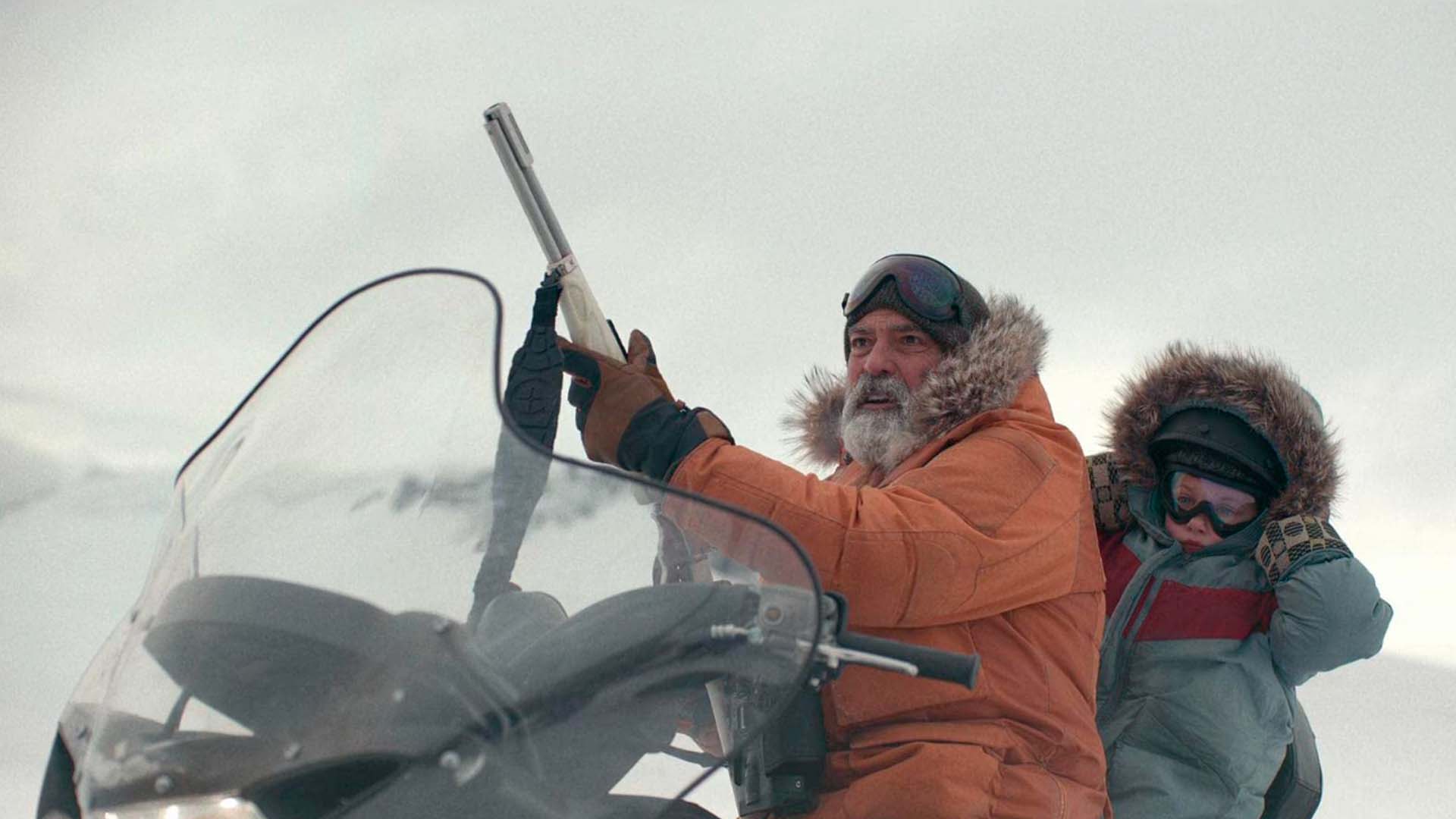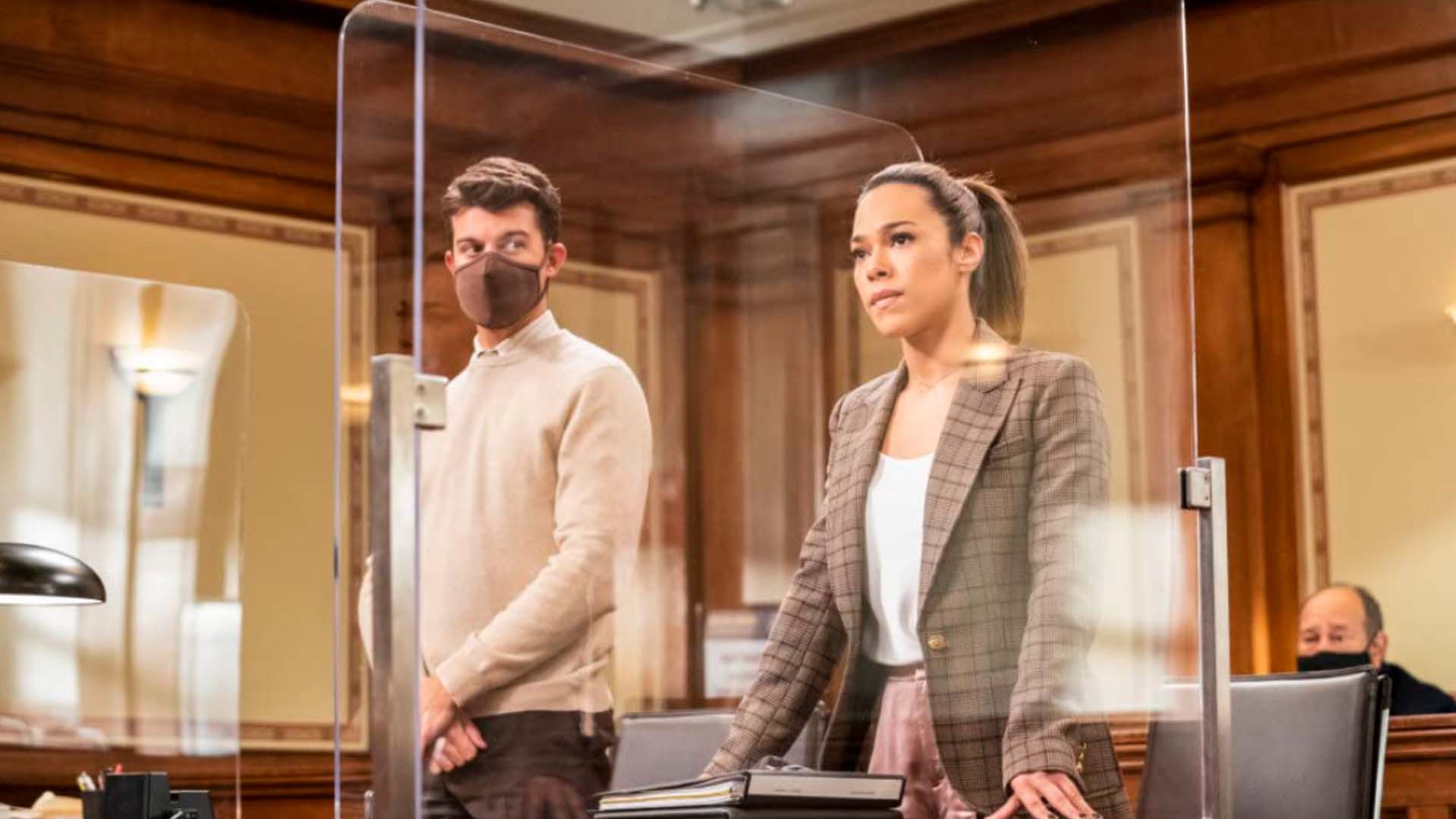Script breakdown's vital role in filmmaking amidst a pandemic
The world of filmmaking is no stranger to challenges, often finding ways to reinvent and adapt itself to changing circumstances. But when the COVID-19 pandemic hit, the magnitude of the upheaval was unparalleled, requiring unparalleled levels of creativity and resilience.


One process stood its ground as an unshakeable pillar: the script breakdown. This article will delve into its role and importance, precisely amidst a pandemic.
Understanding script breakdown
At its core, script breakdown is the backbone of filmmaking. It's a meticulous process that dissects a script into its components, helping the production team understand and plan every aspect of a film. From locations and props to characters and costumes, script breakdown shines a light on every detail. Amidst a pandemic, this aspect of pre-production became more vital than ever.
Filmmaking during a pandemic: Unique challenges
The pandemic posed extraordinary challenges in filmmaking. Suddenly, close-knit collaborations became risky, and large-scale productions seemed unthinkable. Health guidelines needed strict adherence, impacting all areas, from casting and shooting schedules to on-set arrangements. Remote production became the new normal, demanding innovative ways to ensure seamless coordination. These constraints necessitated significant adjustments, leading us back to the role of script breakdown.
The role of script breakdown amidst pandemic
During this crisis, the role of script breakdown became even more pivotal. It enabled production teams to foresee potential issues and prepare accordingly. Script breakdown during the pandemic times required a more nuanced approach, considering factors such as the health and safety of the crew, social distancing requirements, and remote production logistics. It became the blueprint for navigating filmmaking during a pandemic, allowing the team to adapt while maintaining the story's integrity.
AI power to save time and lower costs during the script breakdown
Indeed, amidst the pandemic, Filmustage emerged as a lifeline for many filmmakers, proving to be a significant time and cost-saving tool for the pre-production stage. The industry, already reeling from the unexpected expenses and logistic disruptions triggered by COVID-19, found solace in Filmustage's AI-driven script breakdown feature.
By automating the labor-intensive process of script breakdown, Filmustage eased the burden of pre-production for many professionals. With its precise and efficient breakdowns, it saved countless hours, allowing crews to direct their efforts and resources toward overcoming the unique challenges posed by the pandemic. It's worth noting that during such tumultuous times, even small efficiencies can lead to substantial cost savings, making Filmustage an invaluable asset in the contemporary, pandemic-affected filmmaking landscape.
Tough times and tough decisions
While the pandemic has forced several adjustments in the filmmaking process, it has also led to some unexpected, and sometimes dramatic, moments on set. One such incident made headlines when superstar Tom Cruise was caught on tape furiously reprimanding the crew members on the set of "Mission: Impossible 7" for not adhering to COVID-19 health guidelines.

The "Top Gun" actor, known for his commitment to his craft, was ardently proactive about ensuring that the film's production adhered to the strictest health guidelines during the pandemic. He was seen doing daily rounds on set, ensuring rules were being followed. The actor's passion for health guidelines even extended to his personal expenses, where he spent $676,000 for an old cruise ship for the cast and crew to isolate on.
However, his patience was tested when he caught two crew members standing less than three feet from each other at a computer screen, in violation of the social distancing protocols. His passionate outcry, caught on audiotape, emphasized the collective responsibility they had not only to their health but also to the survival of the film industry.
Despite the harsh tones, Cruise's outburst highlighted the unique challenges faced in filmmaking during a pandemic. His firm stance, while controversial, underlined the industry's dire situation and the pivotal role each individual plays in ensuring the continuity of their projects, and by extension, the industry itself. It was a vivid real-world example of the immense pressures and responsibilities borne by filmmakers amidst the pandemic.
Other real-world examples and insights
Let's take "The Midnight Sky" (2020) as an example. Shot during the early stages of the pandemic, it required a comprehensive script breakdown to accommodate the evolving health guidelines. The process allowed the crew to plan shoots with minimized on-set personnel and establish remote production protocols.

Likewise, the television series "All Rise" (2019) faced similar challenges in filmmaking during the pandemic. They embraced the concept of script breakdown in pandemic circumstances to develop an episode shot entirely on Zoom, demonstrating creativity and resilience in filmmaking.

Conclusion
The pandemic has undeniably left its mark on the filmmaking industry, challenging it in ways we had never anticipated. Yet, the industry’s inherent resilience, coupled with the crucial role of script breakdown, has proven that storytelling can withstand even the most trying times.
The role of script breakdown amidst these challenges reminds us that adaptation and innovation will continue to be the keys to success in this ever-evolving art form.
In this context, tools like Filmustage have come to the fore, becoming indispensable for filmmakers. With its groundbreaking AI-driven script breakdown feature, the first of its kind in the industry, Filmustage significantly streamlines the pre-production process. This technology has the power to analyze scripts, identify elements, and organize them into a comprehensive breakdown, which is a boon, especially during these pandemic-stricken times.
As we navigate the future of filmmaking, tools like Filmustage, combined with our creativity and resilience, will ensure that the cinematic world continues to thrive and inspire, regardless of the challenges that come our way.
From Breakdown to Budget in Clicks
Save time, cut costs, and let Filmustage’s AI handle the heavy lifting — all in a single day.